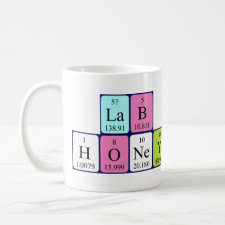
Authors: Bahrani S, Ghaedi M, Khoshnood Mansoorkhani MJ, Ostovan A
Article Title: A highly selective nanocomposite based on MIP for curcumin trace levels quantification in food samples and human plasma following optimization by central composite design.
Publication date: 2017
Journal: Journal of Chromatography B
Volume: 1040
Page numbers: 129-135.
DOI: 10.1016/j.jchromb.2016.12.011
Alternative URL: http://www.sciencedirect.com/science/article/pii/S1570023216307279
Abstract: A selective and rapid method was developed for quantification of curcumin in human plasma and food samples using molecularly imprinted magnetic multiwalled carbon nanotubes (MMWCNTs) which was characterized with EDX and FESEM. The role of sorbent mass, volume of eluent and sonication time on response in solid phase microextraction procedure were optimized by central composite design (CCD) combined with response surface methodology (RSM) using Statistica. Preliminary experiments reveal that among different solvents, methanol:dimethyl sulfoxide (4:1 V/V) led to efficient and quantitative elution of analyte. A reversed-phase high performance liquid chromatographic technique with UV detection (HPLC-UV) was applied for detection of curcumin content. The assay procedure involves chromatographic separation on analytical Nucleosil C18 column (250 x 4.6 mm I.D., 5 μm particle size) at ambient temperature with acetonitrile-water adjusted at pH = 4.0 (20:80, v/v) as mobile phase at flow rate of 1.0 mL min-1, while UV detector was set at 420 nm. Under optimized conditions, the method demonstrated linear calibration curve with good detection limit (0.028 ng mL-1) and R2 = 0.9983. The proposed method was successfully applied to biological fluid and food samples including ginger powder, curry powder, and turmeric powder
Template and target information: curcumin
Author keywords: Central composite design, Curcumin, HPLC-UV, Magnetic multiwalled carbon nanotubes, molecularly imprinted polymer



Join the Society for Molecular Imprinting

New items RSS feed
Sign-up for e-mail updates:
Choose between receiving an occasional newsletter or more frequent e-mail alerts.
Click here to go to the sign-up page.
Is your name elemental or peptidic? Enter your name and find out by clicking either of the buttons below!
Other products you may like:
 MIPdatabase
MIPdatabase









